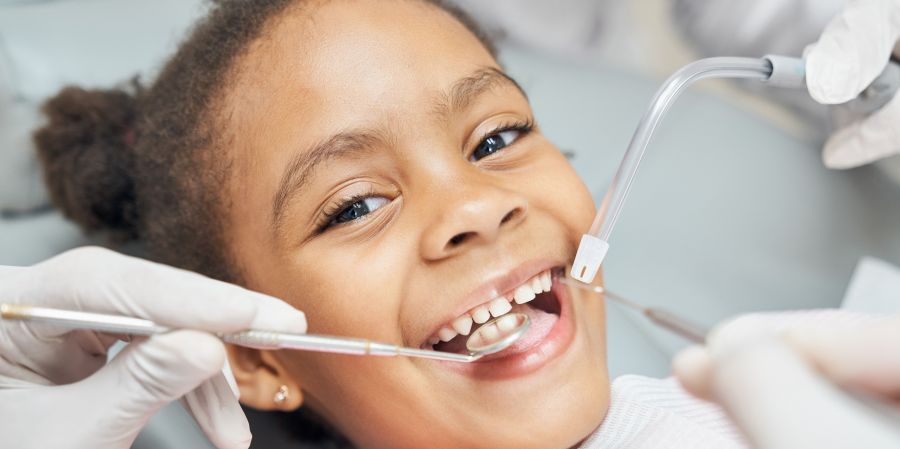

Are cavities infectious? You better believe they are. In fact, your child's teeth will be in better shape the better your own dental hygiene is. By sharing drinks, food, utensils, and even kisses with our kids, we unintentionally transmit bacteria to them. This is not to imply that we shouldn't kiss our kids whenever we get the chance, but we need to be careful not to give them hazardous bacteria that can and will give them cavities.
Infants' mouths are free of dangerous bacteria when they are born, but once they start growing teeth, this quickly changes.
Unfortunately, families inadvertently pass on particular disease-carrying germs known as Dental Caries, and this can result in issues for some people that last a lifetime. Another type of bacteria called mutans streptococcus, which feeds on sugar and eventually causes plaque and tooth rot, also causes cavities.
When plaque starts to accumulate, tooth decay quickly follows. Children are getting cavities at an alarming rate these days for a variety of reasons. The American Academy of Pediatric Dentistry Association (AAPD) estimates that between the ages of two and five, about 40% of children have cavities. It's shocking to learn this, but the good news is that kids' cavities are easily avoidable. The best option is to consult with your child's dentist for advice.
The most effective techniques to stop bacteria from getting into your baby's mouth and creating cavities are listed below:
*DON'T TOUCH ANYONE WITH YOUR HANDS ✋
Children's hands naturally go towards their mouths and everything else around them, including your mouth, their siblings' mouths, a playmate's mouth, or a family member's mouth, where germs are transmitted back and forth in an endless cycle. Sharing is not always caring when it comes to dental hygiene. Encourage your youngster to exercise caution while sharing food and beverages with others. To prevent the spread of germs, make it a routine to wash your hands after playing and eating.
BRUSH OFF THE BACTERIA 🦠
The best way to help prevent cavities in kids is to start practising good oral hygiene even before their first tooth erupts. After each meal or feeding, gently wipe their gums with a clean cloth to help stop the development of bacteria and plaque.
It's as easy as washing their teeth with gauze or a fresh cloth after meals once their teeth start to erupt. You can start instructing them on how to use a toothbrush and a very small amount of toothpaste whenever they are mature enough to converse with you, which is usually around the age of three.
Allowing youngsters to use toothpaste before they can learn not to swallow it is typically not advised.
FREQUENTLY VISIT THE DENTIST 👩⚕️
When your child is close to turning one, it's a good idea to identify a paediatric dentist and begin preparing your child for standard paediatric dental procedures like examinations and office visits with the paediatric dentist and their staff. Facilities for paediatric dentistry, like Polkadot Pediatric Dentistry in Alpharetta, Georgia, are experts in putting babies and young children at ease.
Your dentist will make sure to inform you that the first step in paediatric oral hygiene is to treat your child's teeth and gums with the same level of care that you would. Limiting sugary snacks and consuming healthy foods will help to slow the growth of gum disease. Spend time cleaning their gums or brushing their teeth at least twice daily.


